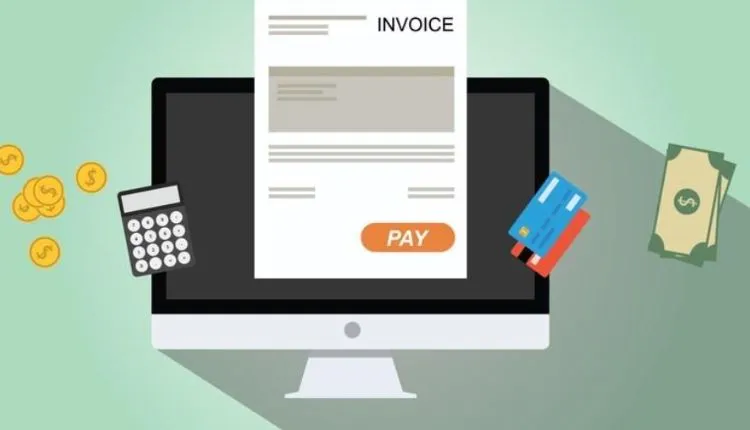
Importance of Invoice Management system
The invoice management system is software that automates the process of creating, tracking, and managing invoices. It streamlines the billing process, improving accuracy and efficiency, and helps businesses to keep track of payments, generate reports, and simplify payment collection. An invoice management system can integrate with accounting and payment systems, reducing manual data entry and the potential for errors. Invoice management systems are commonly used by businesses of all sizes and across industries, including Small businesses, Freelancers, Consultants, Service-based companies, Manufacturing companies, Wholesale and retail businesses, Construction companies, Healthcare providers, and Non-profit organizations. Any business that issues invoices regularly and wants to improve its billing process and payment collection can benefit from using an invoice management system.
Invoice Management system working process
An invoice management system typically automates the process of generating, tracking, and managing invoices for a business. The following is a general outline of the typical steps involved in the invoice management process_
Invoice creation: The system generates an invoice for a customer, including the details of the products or services provided, the total amount due, and the payment terms.
Invoice approval: The invoice is reviewed and approved by the relevant parties, such as a manager or an accounts payable department.
Invoice distribution: The approved invoice is sent to the customer, either via email, mail, or other communication channels.
Payment processing: The customer makes the payment, either through online payment or by check. The system updates the payment status of the invoice accordingly.
Invoice archiving: The system stores the invoice and its related documents for future reference, in accordance with relevant laws and regulations.
Reporting and analysis: The system generates various reports, such as sales and financial reports, to help businesses understand their financial health and make informed decisions.
The process may vary depending on the specific requirements of a business and the features offered by the invoice management system.
Invoice management future
The future of invoice management is likely to see the continued development of technology and automation to improve efficiency and accuracy. Artificial intelligence and machine learning algorithms may be used to streamline the process, reducing manual labor and minimizing the risk of errors. Cloud-based solutions may become more prevalent, offering businesses greater accessibility and scalability. The trend towards digitalization and paperless transactions is also expected to continue, leading to more secure and environmentally friendly practices. Overall, the future of invoice management is expected to be characterized by increased automation, improved data analysis, and enhanced collaboration between businesses and their suppliers.
Manual invoice management involves manually processing invoices, including tasks such as data entry, matching invoices to purchase orders, and approval. Automated invoice management involves using software to automate these processes, reducing manual labor and increasing efficiency and accuracy. Automated invoice management often includes features such as electronic invoice receipt and processing, automatic data capture, and real-time reporting and tracking. The most effective invoice management solution will depend on the size, complexity, and needs of the business.
Final words
A company’s progress can be increased by using automated invoice management systems. In 2023 you can get better results by incorporating such software to digitalize your company. Hopefully, you have a better understanding of the benefits of using an automated invoice management system.




